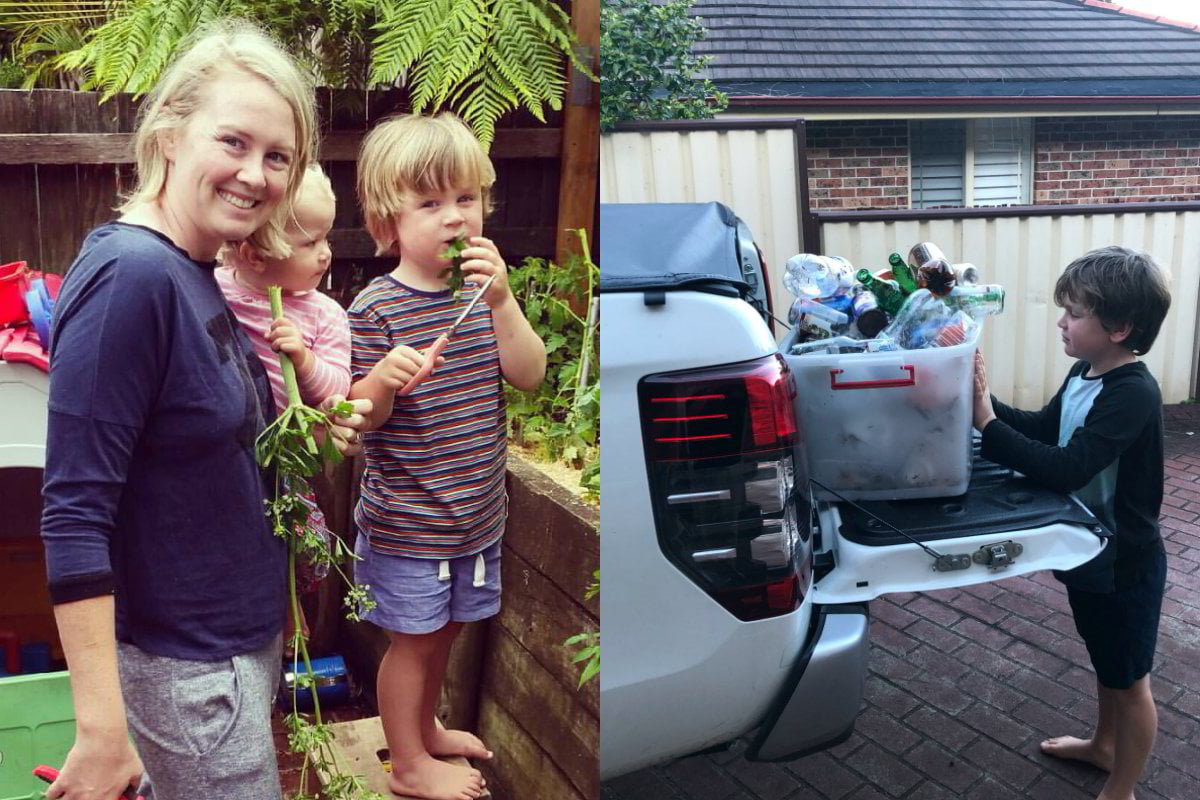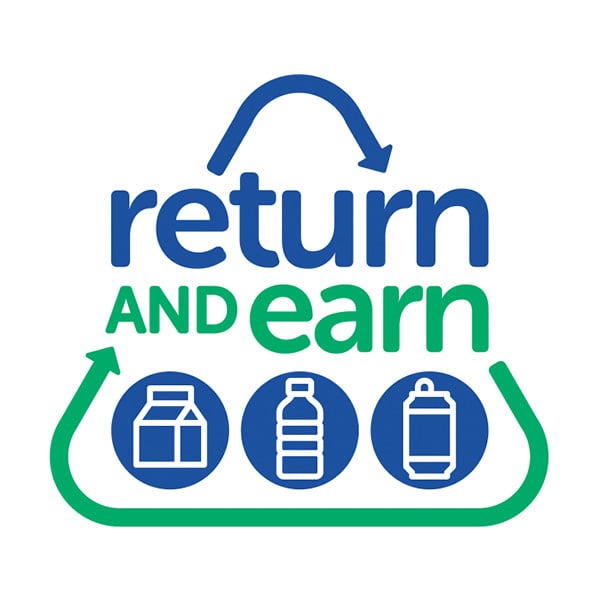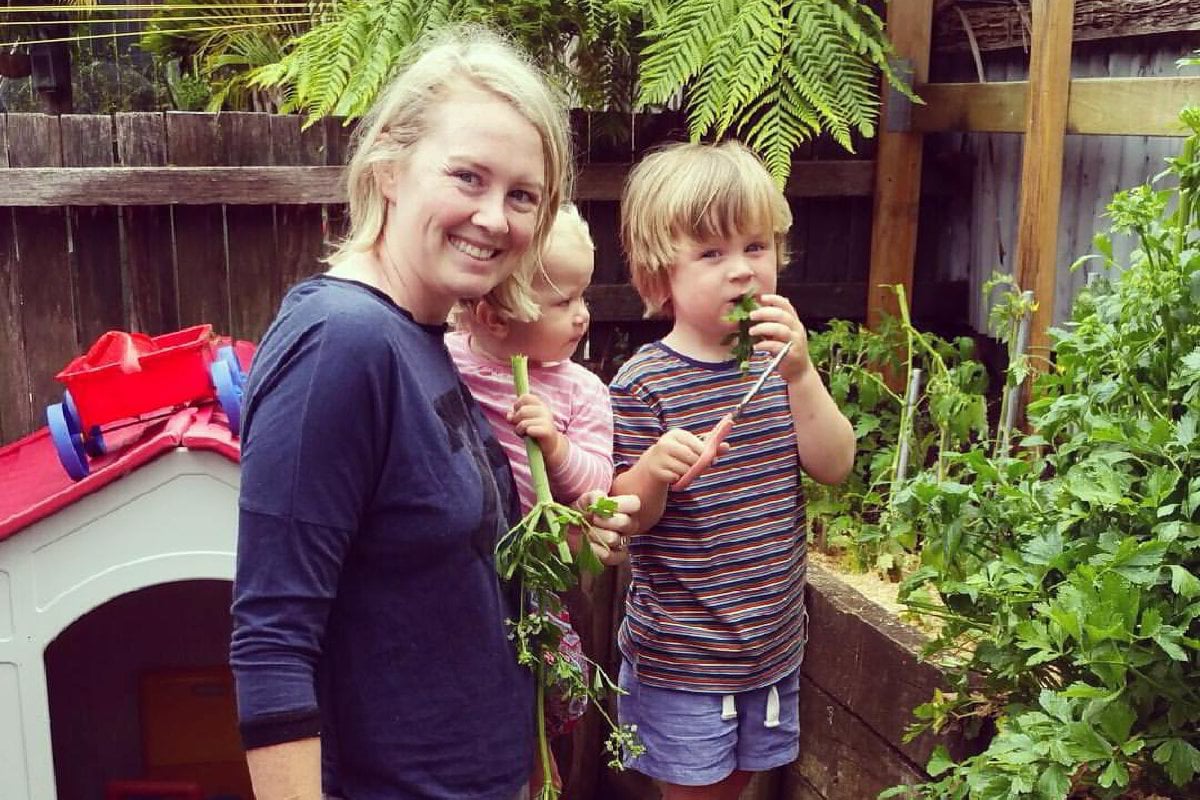

My eight-and-a-half-year-old son: "Mum, I'd like to build a natural frog pond to encourage rare species of frogs into the garden. I also want to get chickens so we can eat their eggs. And maybe a goat for milk."
Me, looking around our relatively modest garden: "Well we could probably do the pond…"
As a family, we have a great enthusiasm for all things sustainable and environmentally friendly.
My son, a young environmentalist in the making, usually has a number of recycling projects on the go at any one time. He has some amazing ideas about how wind power should replace coal mining and why solar is the way of the future.
My daughters are right into the veggie patch and help me with all things composting. I personally have never met a beeswax wrap I didn’t like and am incapable of popping into town without visiting our local co-op.
We are also a busy family of five, and while we are keen on integrating sustainable practices in our home, it’s not always easy (or time friendly).
Finding simple ways that our family can work towards a happier, healthier planet - without it giving me a nervous breakdown - has become our jam. These are four of our favourites.
1. Have a daily recycling system.
The bigger your family gets, the harder it becomes to stay on top of recycling. While we eat a lot of food made from scratch, and buy ingredients in bulk where we can, we still end up with a bunch of stuff destined for the recycling bin.
Now that my kids are old enough to understand how recycling works, they have become involved in the process. My son is responsible for all bottles and cans as he is right into Return and Earn, and has a special tub for everything he collects (more on that in point number 2).
.png?alt=media&token=e75a9a18-19bd-4a4a-9c49-a7a62946a52d)
